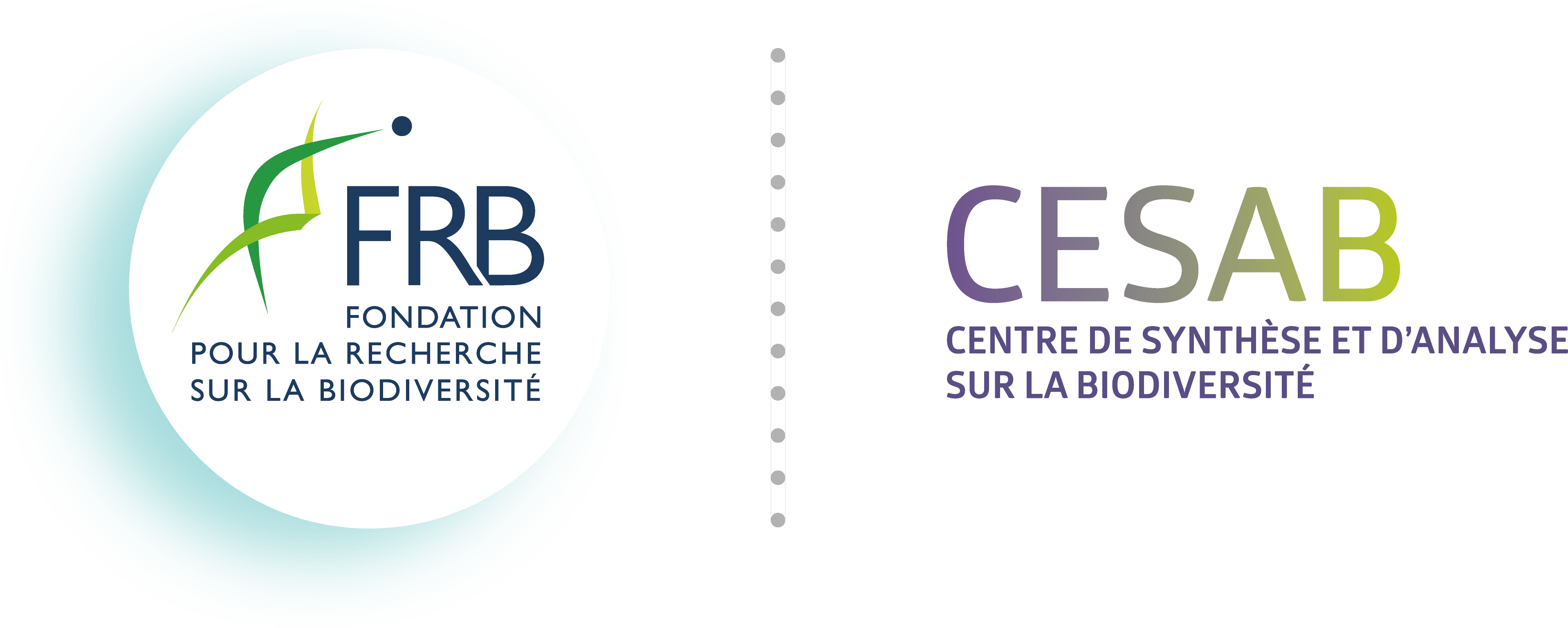FREE 2
Towards a change of paradigm in biological conservation: from sepcies to functions, from individuals to ecosystems, from local to global scales

FREE 2 aims at questioning the foundations of biology and conservation based on functional criteria. This is a real paradigm shift that might bring about profound changes to politics of conservation at both local and global scales. Previous work from the FREE 1 consortium opened promising perspectives regarding the development of new indicators.
FREE 2 will write a synthesis of published work having studied organisms and populations from a functional angle, and will put forward perspectives for biodiversity conservation. A meta-analysis looking at biodiversity- ecosystem functioning work will also be caried out, combining the different available databases of functional traits of organisms. This work will thus demonstrate the role of functionally distinct species in the regulation of ecosystem functions, their multi-functionality and exosystem services more broadly.
Temporal series of varied taxonomic groups will be analyzed to understand the way functionally distinct species are maintained (or lost) in response to different environmental and anthropic pressures.
Finally, FREE 2 will develop an R package dedicated to simplify the analysis of functional diversity patterns at different scales and organisational levels. Particular attention will be put on making this package easy to use and flexible to allow its use by researchers but also biodiversity managers.
All these tasks converge towards a unique goal: laying out the foundations of a new discipline centred around biodiversity and ecosystem conservation from a functional angle. The project will be further developed with discussions held with philosophers specialists in biodiversity and ecosystem services to compare and contrast different views on the subject.

PI:
Cyrille VIOLLE – CEFE-CNRS (France)
FREE 2 gathers specialists in different taxonomic grouops, community ecology, macro-ecology, functional ecology, microbial and phylogenic ecology.
[09] Mahaut L, Loiseau N, Villéger S, Auber A, Hautecoeur C, Maire A, Mellin C, Mouquet N, Stuart-Smith R, Violle C & Mouillot D (2025) Functional diversity shapes the stability of reef fish biomass under global change. Proceedings of the Royal Society B: Biological Sciences, 292, 20250252. DOI: 10.1098/rspb.2025.0252.
[08] Litchman E, Villéger S, Zinger L, Auguet J-C, Thuiller W, Munoz F, Kraft NJ, Philippot L & Violle C (2024) Refocusing the microbial rare biosphere concept through a functional lens. Trends in Ecology & Evolution, accepted. DOI: 10.1016/j.tree.2024.06.005.
[07] Coulon N, Lindegren M, Goberville E, Toussaint A, Receveur A & Auber A (2023) Threatened fish species in the Northeast Atlantic are functionally rare. Global Ecology and Biogeography, 32, 1827-1845. DOI: 10.1111/geb.13731.
[06] Cutts V, Hanz DM, Barajas‐Barbosa MP, Schrodt F, Steinbauer MJ, Beierkuhnlein C, Denelle P, Fernández‐Palacios JM, Gaüzère P, Grenié M, Irl SDH, Kraft N, Kreft H, Maitner B, Munoz F, Thuiller W, Violle C, Weigelt P, Field R & Algar AC (2023) Links to rare climates do not translate into distinct traits for island endemics. Ecology Letters, 26, 504-515. DOI: 10.1111/ele.14169.
[05] Gaüzère P, Blonder B, Denelle P, Fournier B, Grenié M, Delalandre L, Münkemüller T, Munoz F, Violle C & Thuiller W (2023) The functional trait distinctiveness of plant species is scale dependent. Ecography, 2023, e06504. DOI: 10.1111/ecog.06504.
[04] Gaüzère P, Botella C, Poggiato G, O’Connor L, Di Marco M, Dragonetti C, Maiorano L, Renaud J & Thuiller W (2023) Dissimilarity of vertebrate trophic interactions reveals spatial uniqueness but functional redundancy across Europe. Current Biology, 33, 5263-5271. DOI: 10.1016/j.cub.2023.10.069.
[03] Mahaut L, Choler P, Denelle P, Garnier E, Thuiller W, Kattge J, Lemauviel‐Lavenant S, Lavorel S, Munoz F, Renard D, Serra‐Diaz JM, Viovy N & Violle C (2023) Trade‐offs and synergies between ecosystem productivity and stability in temperate grasslands. Global Ecology and Biogeography, 32, 561-572. DOI: 10.1111/geb.13645.
[02] Mahaut L, Violle C, Shihan A, Pélissier R, Morel J, de Tombeur F, Rahajaharilaza K, Fabre D, Luquet D, Hartley S, Thorne SJ, Ballini E & Fort F (2023) Beyond trait distances: Functional distinctiveness captures the outcome of plant competition. Functional Ecology, 37, 2399-2412. DOI: 10.1111/1365-2435.14397.
[01] Munoz F, Klausmeier CA, Gaüzère P, Kandlikar G, Litchman E, Mouquet N, Ostling A, Thuiller W, Algar AC, Auber A, Cadotte MW, Delalandre L, Denelle P, Enquist BJ, Fortunel C, Grenié M, Loiseau N, Mahaut L, Maire A, Mouillot D, Pimiento C, Violle C & Kraft NJB (2023) The ecological causes of functional distinctiveness in communities. Ecology Letters, 26, 1452-1465. DOI: 10.1111/ele.14265.
